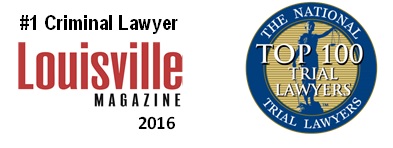Virginia lawyer who advised client to delete Facebook posts gets a five year bar suspension and losses over $500,000.00. The lawyer represented a man whose wife died in a motor vehicle accident. A commercial vehicle (cement truck) crossed the centerline and crashed into the car in which the client and his wife were riding. The lawyer for the cement truck company sought access to the client’s Facebook page. The client had deleted photos on his Facebook page after the lawyer and the lawyer’s paralegal told the client to clean it up. One photo the client deleted showed the allegedly distraught widower holding a beer can and wearing a T-shirt with the inscription “I love hot moms.” This case reminds lawyers that ethical duties do not stop on social media matters. Lawyers must follow all ethical rules regarding advice to clients with respect to posts on social media sites. Lawyers who advise clients to ‘clean up their site’ may not only be violating attorney ethical standards but they may also be committing a crime. If the site posting is evidence and that posting is deleted pursuant to an attorney’s advice the attorney may be guilty of tampering with evidence. The lawyer could be exposed to a criminal prosecution regarding destruction of evidence. Lawyers must comply with their ethical duties when dealing with clients’ social media posts. Ethical rules and concepts of fairness to opposing counsel, all apply to Facebook, Twitter, Friendster, Flicker and LinkedIn. Remember when it comes to social media “there is no limit to human stupidity as far as what you can put on Facebook page.” The police, prosecutors, insurance companies, defense bar and plaintiff attorneys all see social media as a fertile ground for discovery information about witnesses and litigation (both defendant and plaintiff). An attorney may offer advice as to what may be kept on “private” social media pages and what may be “taken down” or removed.
It is permissible for a lawyer to:
– Review what a client plans to publish on a social media page in advance of publication and review images that have already been published.
– Guide client advice on social media activity to include formulating a corporate policy on social media usage.
– Counsel a witness to publish truthful information favorable to the lawyer’s client.
– Discuss the significance and implications of social media posts (including their content and advisability).
– Advise clients how social media posts may be received or presented by the client’s legal adversaries and advise clients to consider posts in that light.
– Discuss the possibility that the legal adversary may obtain access to “private” social media pages through court orders or compulsory process.
– Review how the factual context of the posts may affect an adversary’s perception.
– Discuss possible lines of cross-examination.
It is not permissible for a lawyer to:
– Direct or facilitate the client’s publishing of false or misleading information that may be relevant to a claim; an attorney may not participate in the creation or preservation of evidence when the lawyer knows or it is obvious that the evidence is false.
For more information on legal issues visit my blog and website.







